Colton’s Story: Overcoming Autosomal Recessive Polycystic Kidney Disease
Colton faced overwhelming odds from birth, but with resilience, family support, and CHOP’s dedicated care, he’s overcoming ARPKD and thriving through new initiatives.
Here at the Division of Nephrology, we are known for our ability to diagnose, treat and care for children with all forms of kidney disease. We offer superb clinical care and a compassionate, family-centered approach.
Colton faced overwhelming odds from birth, but with resilience, family support, and CHOP’s dedicated care, he’s overcoming ARPKD and thriving through new initiatives.

After a year of being misdiagnosed, Alexander’s parents found answers and a team they could trust at CHOP to manage his condition and prevent recurrent kidney stones.
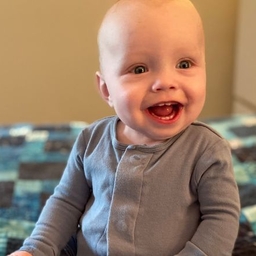
Isaiah was born with congenital nephrotic syndrome, the same genetic mutation that caused his older brother to die in infancy. Isaiah’s improved experience and outcome showcases how multiple departments at CHOP work together to ensure the best patient and family care.
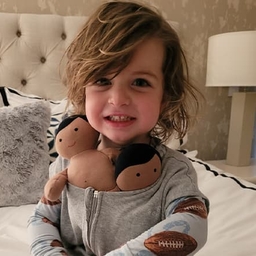
When Carolyn was 28 weeks pregnant with her third child and her doctor in New York discovered that her baby carried the gene for autosomal dominant polycystic kidney disease (ADPKD), she became dedicated to changing the historical lack of pediatric research on the rare disease.

After Molly qualified for a kidney transplant, a new organ from a living donor was identified thanks to CHOP’s involvement with the National Kidney Registry.
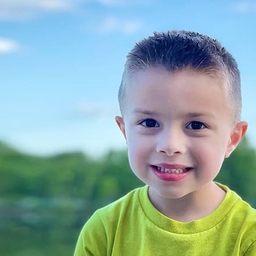
3 year old Nolan’s leg pain and swelling of his eyes and stomach led to a diagnosis of nephrotic syndrome, now managed by immunosuppression.

Innovative care for Chloe’s kidney stones is closer than ever at CHOP’s new hospital in King of Prussia.
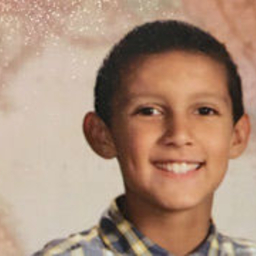
After being diagnosed with a rare kidney disease, Todd received care at Children’s Hospital of Philadelphia’s Specialty Care and Surgery Center in Voorhees.
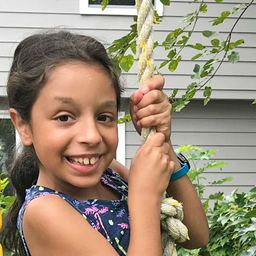
After receiving medical treatment for lupus at Children’s Hospital of Philadelphia, Isabella is back to enjoying arts and crafts.
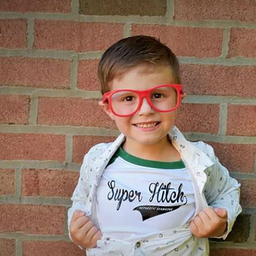
Harper was diagnosed with nephrotic syndrome. After treatment at Children’s Hospital of Philadelphia, he is now in remission for his longest stretch yet.